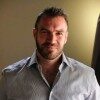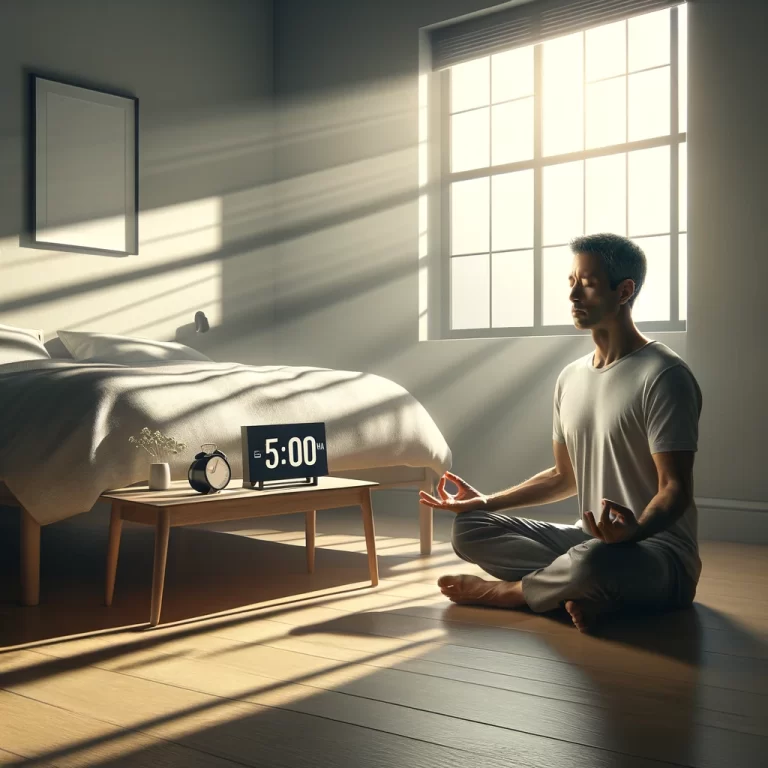Hidden Potential – Growth Isn’t Linear (And That’s the Point)
A Book Review of “Hidden Potential: The Science of Achieving Greater Things” by Adam Grant
One of the best books I’ve read recently is Hidden Potential by Adam Grant. It’s sharp, well-researched, and full of ideas that challenge the way we think about talent, success, and how people actually grow—not just in business, but in life.
Whether you’re an employee navigating change, a leader trying to develop others, or a parent raising the next generation, this book offers something meaningful. It’s not about being brilliant from day one. It’s about what happens next—and how we can all build systems that support progress over perfection.
🚀 From Farm Fields to NASA: José Hernández’s Story
One of the most compelling stories in the book is that of José Hernández, a Mexican-American farmworker turned astronaut. His early life was anything but conventional for someone headed to space. He moved schools constantly, worked nights in the fields, missed lessons, and learned English late. He failed NASA’s selection process multiple times.
But he got better. Year after year, his grades improved. His skills developed. And eventually, his slope—his rate of growth—earned him a place in orbit.
“It’s not your starting point that matters. It’s your trajectory.”
— Adam Grant, Hidden Potential
That line stayed with me. Like many, my own journey hasn’t followed a traditional path. From teaching myself Salesforce in Bermuda to shifting roles, countries, and industries, it hasn’t always been tidy. But when I look back, I can see the upward curve.
💬 Ask for Advice, Not Feedback
One of the most practical insights in Hidden Potential is deceptively simple: ask for advice, not feedback. Feedback often feels backward-looking—vague, polite, or focused on what went wrong. Advice, on the other hand, is forward-facing. It assumes potential and invites specific, constructive input.
I’ve seen this shift work in my own life. After being made redundant, I wasn’t focused on what I’d done wrong—I wanted to move forward. So I reached out to my network and started asking, “What would you do if you were me?” The responses I got were more generous, honest, and future-focused.
Grant gave language to something I’d instinctively done—and now, it’s something I apply deliberately when coaching, reflecting, or supporting others in their own development plans.
📉 When “Good Enough” is Exactly Right
Perfection is overrated. Olympic divers, Grant notes, don’t train to be perfect on every dive—they train to be consistent, reliable, and adaptable. That mindset helps them avoid burnout and perform when it counts.
It reminded me of a half-marathon I ran last year. I wasn’t properly trained. The last stretch was brutal. But I finished. And sometimes, that’s the win. Showing up, doing the work, and keeping the wheels turning beats waiting for ideal conditions – and you take the lessons into the next one.
(If you’re curious, I wrote about that race here—and yes, I used the word grit which has probably been used to death recently. Let’s call that a learning moment.)
🔁 Embracing the Loops
Grant does a brilliant job of normalising non-linear growth. Careers don’t always climb neatly. They loop, stall, leap, and restart. But if you’re learning from each turn, you’re still climbing.
What I once saw as “starting over” in my own path, I now see as “starting from experience.” That mindset shift is subtle—but powerful. And it’s one I’ve carried into my latest chapter.
⚖️ Spotting Hidden Potential in Others
This isn’t just a book about you. It’s also about the people around you—the ones you hire, manage, or raise.
Grant makes the case that we often miss out on brilliant performers because we’re too focused on early credentials or neat career arcs. Instead, we should be building environments that surface potential, not just reward polish.
If you’re a leader, this is a challenge:
Are you designing roles and reviews that support growth over time?
Are you spotting those quietly improving, even if they didn’t hit the ground running?
And if you’re a parent:
This book is a gentle reminder that the kid who’s not top of the class might just be the one whose slope takes them to extraordinary places. One chapter even draws from education research that shows how certain teaching methods, home environments, and expectations can stifle—or unlock—hidden potential early in life.
✅ Final Thoughts
Hidden Potential is packed with research, stories, and practical tools. But more than that, it’s a hopeful book. It reminds us that people are not finished products. That with the right support—and the right mindset—transformation is possible, even likely.
If you’ve ever felt behind, overlooked, or unsure if you’re on the right path, this one’s for you.
Read it if you:
- Believe your best work might still be ahead of you
- Lead a team and want to nurture potential, not just assess performance
- Work in hiring or L&D and want to build fairer systems
- Are raising a kid who’s finding their own way, in their own time







